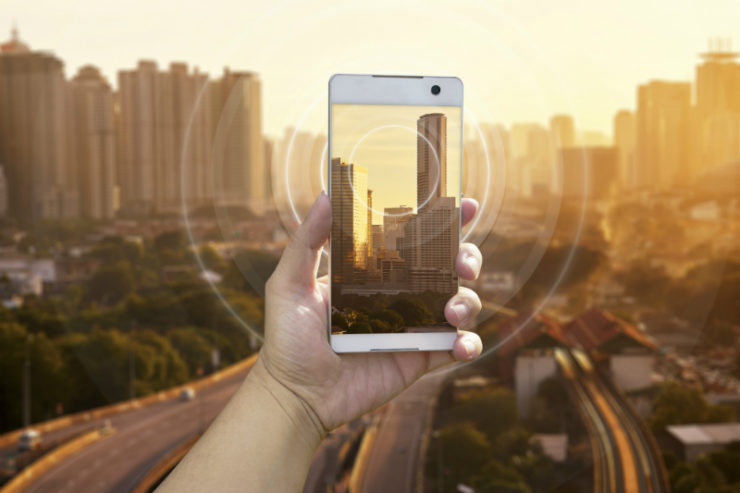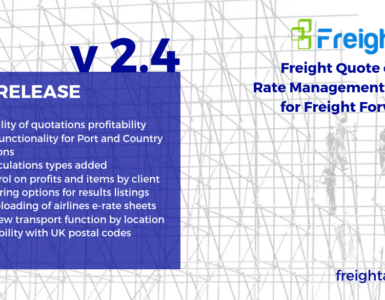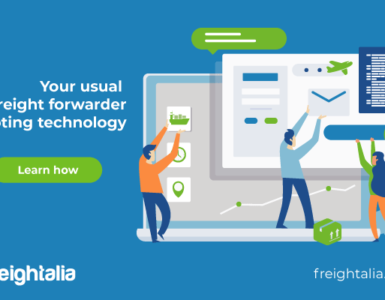Internet of Things used to be a concept that we placed in the future and the sci-fi stories. But almost without realizing it we have adopted in our daily life the different intelligent objects that have an active connection with the network. Activities as daily as doing the shopping or preparing coffee are already carried out autonomously by refrigerators and coffee makers. All they need is an order from us. And we can give that order from anywhere in the world. The logistics sector is not far behind and already incorporates IoT technology in different areas. Some of these areas, but not all of them, are the ones we want to talk about today.
Internet of Things for Fleet Management and Route Optimization
Many vehicles already incorporate the technology of Internet of Things in their daily activity. Route optimization and fleet management have changed radically since each vehicle incorporates GPS positioning and is able to collect and send data to the exchange through the internet. Fleet managers are facing many challenges with this paradigm shift. But they are also aware of all the benefits they can get and are already getting by incorporating IoT into their fleets.
Internet of Things for Tracking and Monitoring
Always choosing the best route for each vehicle and each order is a breakthrough. But the incorporation of Internet of Things does not stop there. Nowadays vehicles are capable of both sending and receiving information over the internet. This means that the fleet manager knows at every moment not only where his vehicle is. They also know the wear and tear of some key parts or the amount of fuel contained in the vehicle’s tank. They can even know the kilograms of cargo a vehicle carries at that moment. In the logistics sector, having all the information means being able to make better decisions.
Internet of Things for Smart Warehousing
The warehouses of the future, and also of the present, are filled with intelligent objects. There are robots that move quickly and efficiently through the huge surface. There are also fixed and mobile sensors that offer different types of information. By incorporating Internet of Things into smart warehouses, managers are able to locate each and every product that is being stored, loaded or transported somewhere. In the same way, thanks to IoT it is possible to know some important data. Knowing the temperature or humidity in a warehouse is crucial. In this way the merchandise is stored and transported under optimum conditions, avoiding losses.
As you can see, Internet of Things is not something far away from what you may worry about tomorrow. Intelligent objects connected to IoT are a reality and are among us. We only have one option, and it is to create a team of prepared professionals that will lead the technological change in our business. The logistics and freight forwarding sector has much to learn in this field. Therefore, being one of the first to use the Internet of Things can put us several steps ahead of our competition and guarantee our success in the medium and long term.




